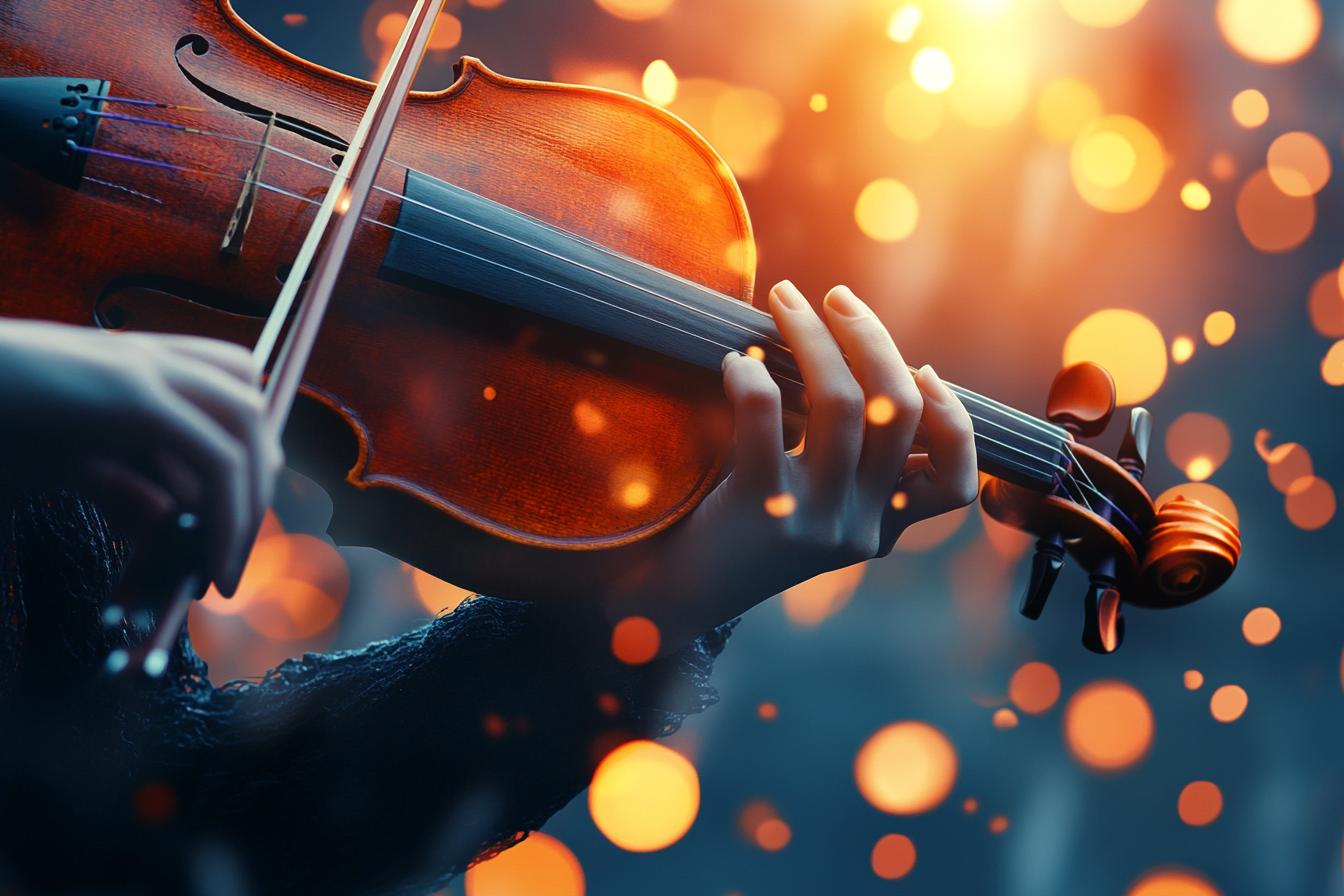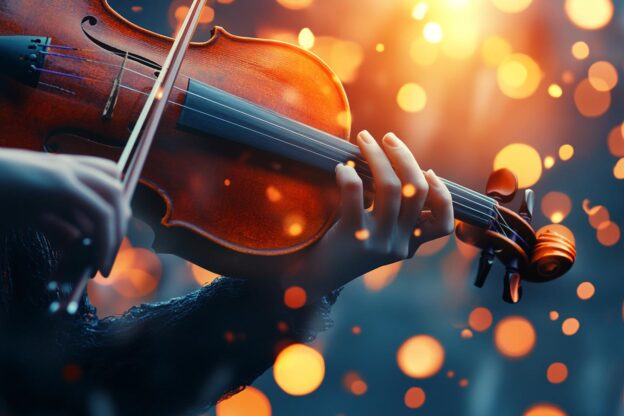Classical music finds a vibrant home on the radio waves, offering a unique and accessible platform for listeners to explore the world of orchestras, operas, and chamber ensembles. Radio stations dedicated to classical music often feature live broadcasts of concerts, giving listeners an intimate experience of the performance. Furthermore, they offer insightful interviews with renowned conductors, composers, and musicians, providing a deeper understanding of the pieces and the artists behind them. Have you ever wondered about the intricacies of a symphony or the story behind an opera? Radio programs delve into these questions, enriching the listening experience with historical context and artistic analysis.
Beyond live broadcasts, classical radio stations curate diverse programming, showcasing a wide range of musical styles and periods. From the Baroque era to contemporary compositions, listeners can discover new favorites and explore the vast and rich tapestry of classical music. Moreover, radio stations often host special programs dedicated to specific composers, instruments, or musical movements, allowing listeners to delve deeper into their areas of interest. Remember that iconic moment in “A Beautiful Mind” when John Nash hears a piece by Bach? Radio can be that gateway to discovering the magic of classical music for new audiences.

Classical Music Events
1. Classical Music Events
Classical music events offer a unique opportunity to experience the rich history and enduring power of this art form. From grand orchestral concerts to intimate chamber music performances, these events cater to a wide range of tastes and preferences. Whether you’re a seasoned aficionado or a curious newcomer, classical music events provide a chance to immerse yourself in the beauty and complexity of this musical tradition. These events often showcase renowned musicians and conductors, allowing audiences to witness the artistry and skill that bring these compositions to life.
Beyond the music itself, classical music events foster a sense of community and shared appreciation for this timeless art form. Many events feature pre-concert talks, educational programs, and opportunities for audience interaction, enriching the overall experience. Attending a classical music event can be a truly enriching experience, providing not only an auditory feast but also a chance to connect with the past and explore the present through the lens of music.
2. Concerts and Performances
Concerts and performances provide a vital platform for experiencing classical music firsthand. These events allow audiences to engage with the beauty and complexity of the music, witness the artistry of performers, and share a collective experience with fellow music enthusiasts. Whether it’s a grand symphony orchestra performing a monumental masterpiece or a chamber ensemble bringing intimate chamber music to life, concerts offer a unique opportunity to immerse oneself in the world of classical music.
The atmosphere of a concert is often electric, filled with anticipation and excitement. The silence before the first note is palpable, and the applause that follows a powerful performance is a testament to the emotional impact of the music. Concerts also provide opportunities for audiences to learn more about classical music through program notes, pre-concert lectures, and post-concert discussions. These events foster a deeper understanding and appreciation of the music, making them essential for both seasoned listeners and newcomers alike.
3. Opera and Ballet
Opera and ballet are two of the most celebrated and enduring forms of classical music performance. Opera combines music, drama, and visual spectacle to tell stories, often drawing on grand themes of love, loss, and heroism. The singers, known as opera singers, possess exceptional vocal abilities and dramatic flair, bringing the characters and their emotions to life. Ballet, on the other hand, relies on precise movements and graceful storytelling through dance. Ballet dancers train rigorously to achieve the incredible athleticism and artistry required to tell stories and express emotions through their bodies.
Both opera and ballet offer a unique and enriching experience. Opera immerses the audience in a world of sound and emotion, while ballet captivates with its visual beauty and the technical mastery of its performers. These two art forms, while distinct in their performance styles, share a common foundation in classical music and a commitment to artistic excellence. Whether you are captivated by the soaring melodies of opera or the graceful movements of ballet, these classical music events offer a chance to experience the power and beauty of artistic expression.
4. Festivals and Competitions
Festivals and competitions are vibrant events that celebrate and showcase the talent and artistry of classical musicians. These gatherings bring together performers, composers, and audiences from around the world, creating a dynamic environment for musical exploration and appreciation. From renowned international festivals like the Salzburg Festival and the Tanglewood Music Festival to smaller, more specialized competitions like the Van Cliburn International Piano Competition, these events offer a platform for emerging artists to gain recognition and established musicians to share their expertise.
Beyond showcasing talent, festivals and competitions also play a crucial role in fostering innovation and pushing the boundaries of classical music. They provide opportunities for composers to premiere their works, for musicians to collaborate on new projects, and for audiences to experience the latest trends in the genre. These events often feature workshops, master classes, and lectures, providing educational opportunities for aspiring musicians and music enthusiasts alike. The energy and excitement of these gatherings inspire a sense of community and shared passion for classical music.
5. Music Education and Outreach
Music education and outreach programs play a vital role in fostering a love for classical music in young audiences. These programs bring the transformative power of music to schools, community centers, and underserved populations. They offer interactive workshops, instrument demonstrations, and performances that introduce children to the beauty and complexity of classical music. By engaging students in hands-on activities and creating accessible learning environments, these programs inspire a new generation of music enthusiasts.
Outreach initiatives extend beyond formal education settings. Many orchestras and opera companies dedicate resources to community engagement projects. These projects often involve bringing live performances to hospitals, senior centers, and other community spaces. They also offer mentorship programs for aspiring musicians and provide opportunities for amateur musicians to participate in ensembles. Through these efforts, classical music becomes a unifying force that connects people of all ages, backgrounds, and abilities.
Conclusions
So, there you have it! Radio is more than just your favorite tunes – it’s a vibrant world of classical music events, concerts, and performances. You can experience the magic of opera and ballet, get swept up in the excitement of festivals and competitions, and even learn about music through educational programs and outreach initiatives. Whether you’re a seasoned music lover or just starting to explore the world of classical music, radio offers a unique and accessible way to connect with this rich and rewarding art form. So, turn up the volume and let the music take you away!
